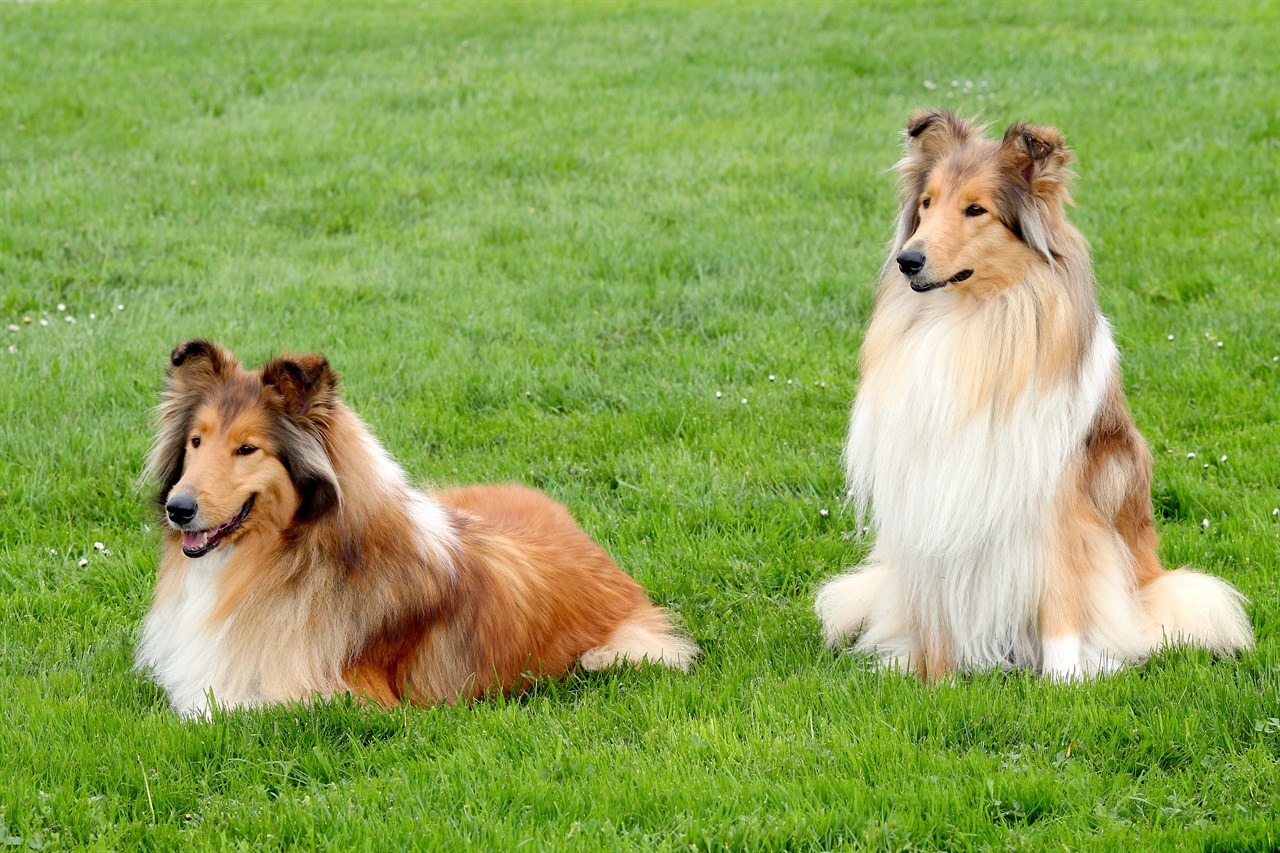Feeding Habits and Food Requirements of the Rough Collie

Proper nutrition is vital for the health and well-being of your Rough Collie. Understanding their feeding habits and dietary requirements is essential to ensure they receive the right balance of nutrients for their specific needs.
Feeding Habits
Rough Collies, like most dogs, typically have consistent feeding habits. Here are some common feeding habits you may observe:
- Scheduled Meals: Establish a regular feeding schedule for your Collie. Most owners feed their dogs two meals a day, while puppies may require more frequent meals.
- Healthy Appetite: Collies are generally good eaters and often have a healthy appetite. However, individual preferences may vary, so monitor their food intake to ensure they are eating enough.
- Moderate Speed: Collies tend to eat at a moderate pace. Fast eating can sometimes lead to digestive issues, so consider using slow-feed bowls or puzzle feeders if necessary.
- Hydration: Always provide access to fresh, clean water. Collies, like all dogs, require proper hydration to stay healthy.
Food Requirements
Meeting your Rough Collie's food requirements is crucial for their overall health. Here are key considerations for their dietary needs:
- High-Quality Dog Food: Choose a high-quality commercial dog food that is appropriate for your Collie's age, size, and activity level. Look for foods that list meat or meat meal as the primary ingredient, and avoid foods with excessive fillers and artificial additives.
- Protein: Collies require a diet that provides a balanced amount of high-quality protein. Protein supports muscle maintenance and overall health. Adult Collies typically require around 18-22% protein in their diet.
- Fat: A moderate amount of healthy fats is important for energy and coat health. Look for foods with around 8-12% fat content for adult Collies.
- Carbohydrates: Collies can benefit from complex carbohydrates like whole grains and vegetables. These provide essential fibre, vitamins, and minerals.
- Avoid Overfeeding: Be mindful of portion sizes to prevent overfeeding, which can lead to obesity. Consult your veterinarian to determine the right portion sizes based on your Collie's age, weight, and activity level.
- Special Dietary Needs: Some Collies may have specific dietary requirements due to allergies or sensitivities. If your dog experiences digestive issues or skin problems, consult your vet for guidance on special diets or allergen testing.
- Treats: Use treats in moderation, and opt for healthy, low-calorie options. Overindulgence in treats can lead to weight gain.
- Consult with a Veterinarian: Regularly consult with your veterinarian to ensure your Collie is receiving the appropriate nutrition for their age and health status. They can recommend dietary adjustments if needed.
- Transitioning Foods: When switching your Collie to a new food, do so gradually over several days to minimise digestive upset.
Remember that individual Collies may have unique dietary needs and preferences. Pay attention to their body condition, energy levels, and overall health to ensure that their diet meets their specific requirements. If you have any concerns about your Rough Collie's diet or feeding habits, consult with a veterinarian or a canine nutritionist for personalised guidance. Proper nutrition is a cornerstone of your Collie's health and happiness.
Collie (Rough) puppies for sale
- Find Collie (Rough) puppies for sale in ACT
- Find Collie (Rough) puppies for sale in NSW
- Find Collie (Rough) puppies for sale in NT
- Find Collie (Rough) puppies for sale in QLD
- Find Collie (Rough) puppies for sale in SA
- Find Collie (Rough) puppies for sale in TAS
- Find Collie (Rough) puppies for sale in VIC
- Find Collie (Rough) puppies for sale in WA